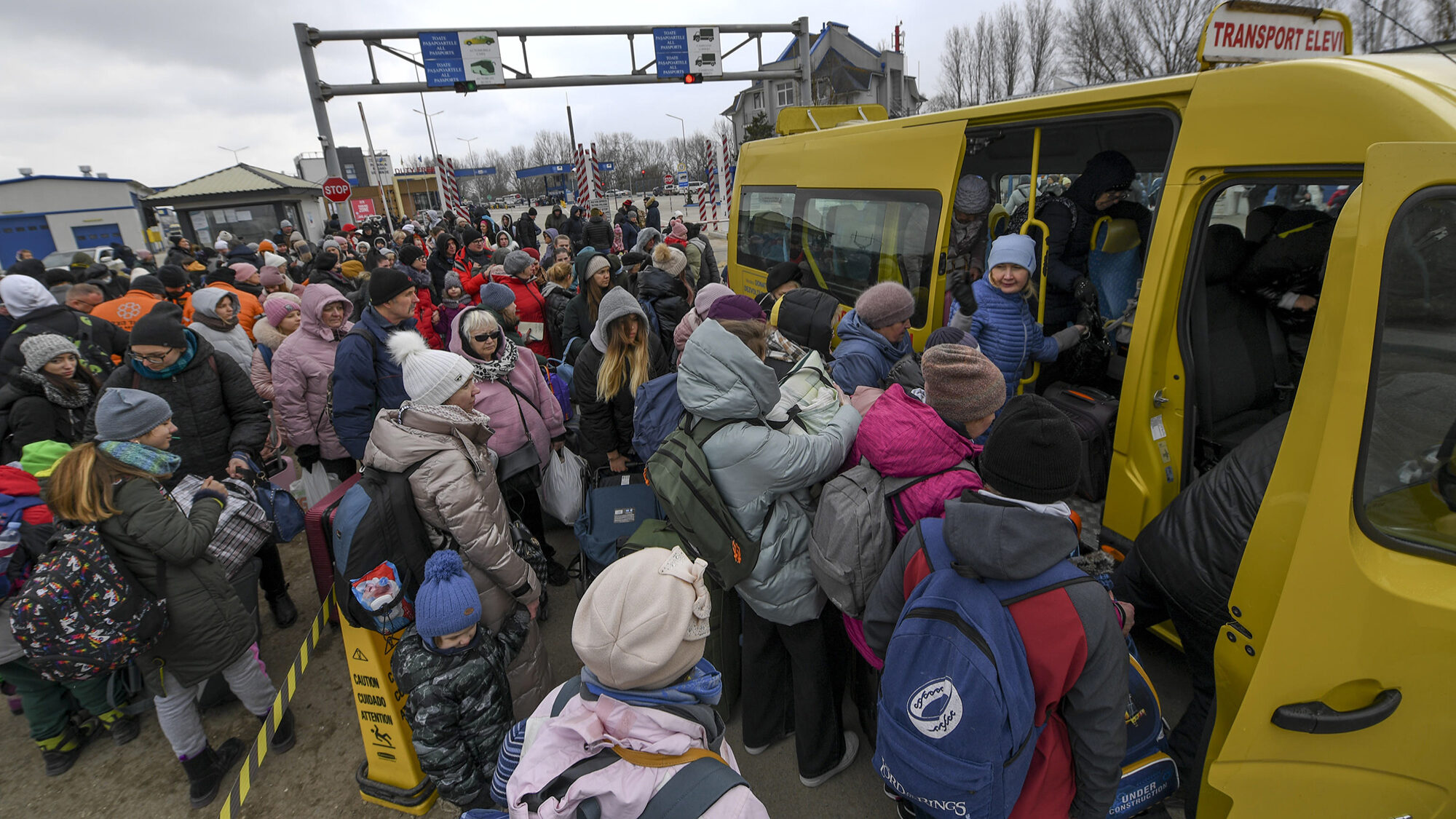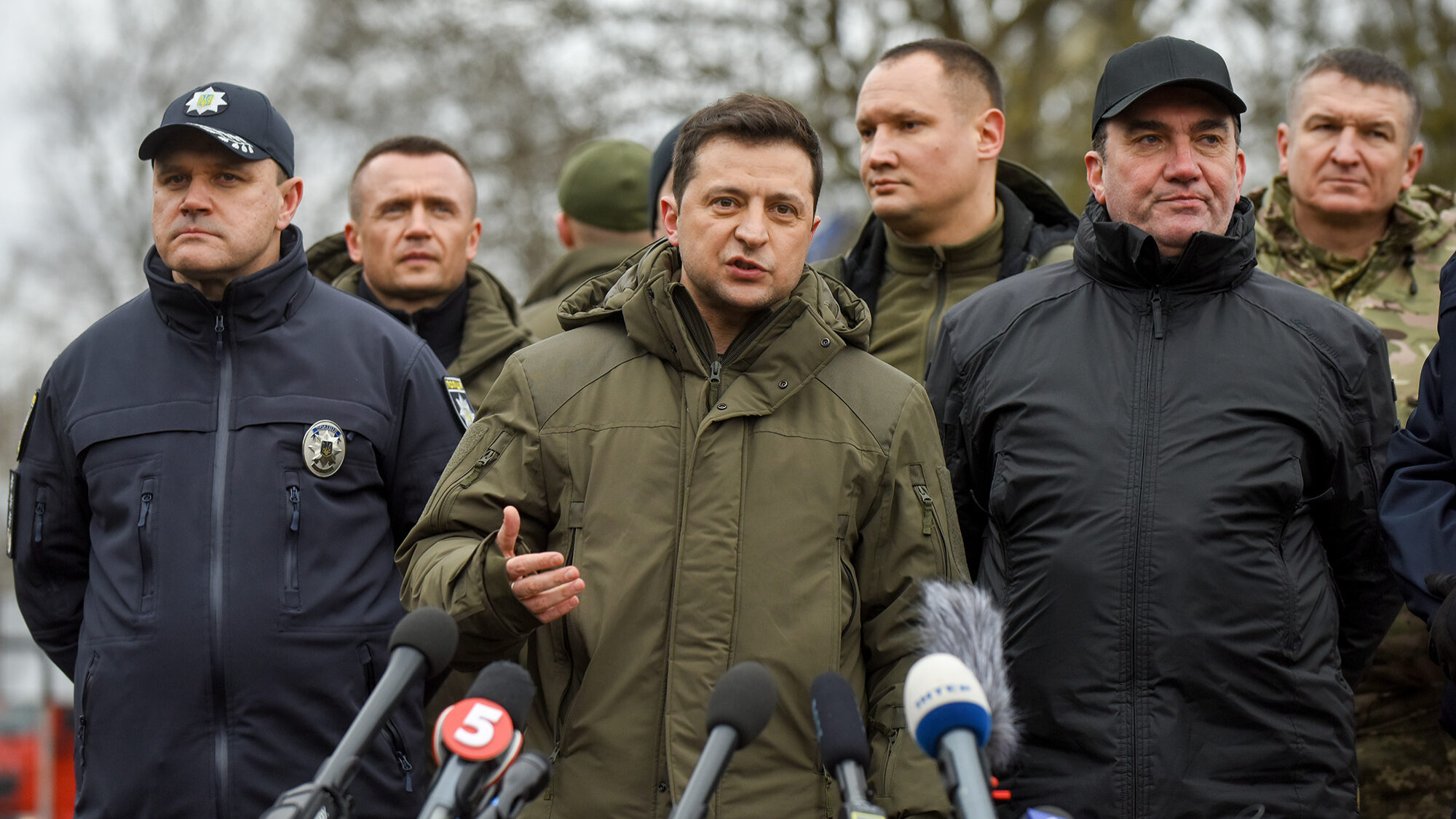Government will support any EU sanctions on Russian oil
Portugal's Minister of Foreign Affairs announced that the European Union agrees on the need to include oil in the sanctions against Russia and said that Portugal will support such a measure.
The Minister of Foreign Affairs said on Monday in Luxembourg that the European Union agrees on the need to include oil in the sanctions against Russia and said that Portugal will support such a measure, which is currently in the technical study phase.
As he left a meeting of European Union (EU) heads of diplomacy, during which the 27 discussed the policy of sanctions against Russia for its military aggression in Ukraine, João Gomes Cravinho recalled that “a new package of sanctions was approved last Friday, covering coal”, and also covering “other new items, new individuals and new entities”, but recognised that sanctions cannot stop there.
“We know that this is not the end of the story. That is, we know there will be more sanctions. There will have to be an intensification of sanctions in the coming weeks, and we also know that this intensification will pass through oil, and Portugal is aligned with this movement, which has technical dimensions that are still under discussion, but Portugal will support it,” he said.
Questioned about whether there is an understanding among the 27 about a possible total embargo on oil imports, given the great dependence of some member states, João Gomes Cravinho began by pointing out that “there is unanimity in the sense of considering that it is necessary to intensify sanctions to oblige Russia to curb its path”, but admitted that different situations have to be taken into account.
“What happens, however, is that the impact of sanctions is uneven. It is not equal between Portugal and Slovakia, it is not equal between Italy and Sweden. And so these disparities have to be taken into account. We are a group of countries with solidarity and therefore we have to take this into account when we design the sanctions package”, he explained.
Referring to ongoing “technical discussions” to take into account the different situations of member states in terms of their dependence on Russian energy sources, the Minister stressed that “where there is unanimity among all is in the idea that it is necessary to intensify sanctions against Russia”.
When asked if the sanctions being considered for Russian oil imports would be an embargo or the imposition of taxes, João Gomes Cravinho said that it would “more likely be an embargo,” but insisted that “the technical details are still being discussed”.
Monday’s meeting of EU heads of diplomacy came just three days after the Council formally adopted the EU’s fifth package of sanctions targeting Moscow following atrocities witnessed and attributed to Russian forces in Bucha and other Ukrainian localities, which have since been liberated, and targeting for the first time the sensitive energy sector with an embargo on coal imports starting next August.
However, it is mainly the revenues from Russia’s gas and oil exports to the EU that most help Moscow to finance its Russian war machine – as Ukrainian president Volodymyr Zelensky has relentlessly pointed out – which is why the European Commission has already started work in this area, focusing on oil, as several member states cannot do without Russian gas at this stage.
The war in Ukraine, which entered its 47th day of fighting today, has led to thousands of civilian and military deaths as well as the flight of more than 11 million people, including 4.5 million to neighbouring countries.
This is the worst refugee crisis in Europe since the Second World War (1939-1945) and the United Nations estimates that some 13 million people are in need of humanitarian assistance.
The international community has reacted to Russia’s invasion of Ukraine with economic and political sanctions against Moscow, in addition to the supply of arms to Kyiv.


